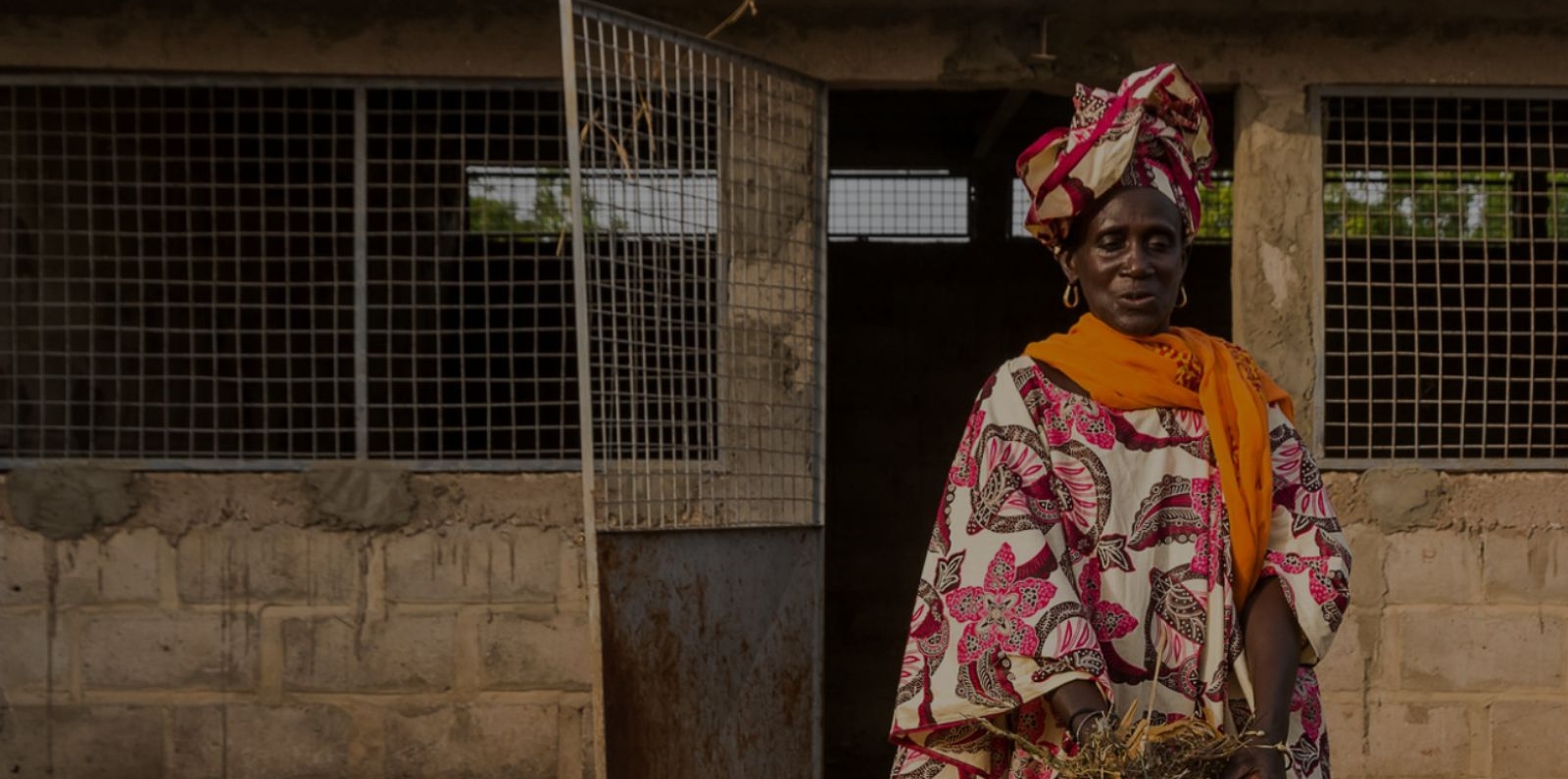About the Project
Senegal remains one of the poorest countries in the world and is ranked 162 out of 187 countries on the Human Development Index. Although contributing only about 18% of the GDP, the agricultural sector employs more than 50% of the workforce. Senegal continues to rely on rain-fed agriculture, with only 5% of the land irrigated, but subsistence rain-fed agriculture in a semi-arid zone is highly vulnerable to drought, soil degradation, and to the effects of climate change. Less than 2% of cultivated areas are irrigated, despite huge potential in surface and run-off water.
PASA-Lou/Ma/Kaf works to improve food security, rural incomes, and resilience to climate change among three weather hazard-prone regions with nearly 2 million inhabitants and more than 3 million ruminants. Through access to water and sustainable inputs, land tenure security, and improved soil fertility, the project improves small-scale producers’, women’s, and farmers’ organizations’ access to a wide range of agricultural and livestock infrastructure. These include drip irrigation through boreholes and market gardens, mini-boreholes and wells, lowland development for rice and horticultural farming developed through the sills and anti-salt dams, and constructed or rehabilitated livestock boreholes equipped with drinking troughs. The project also strengthens mechanisms for extension services, supports advisory services in developed sites, supports the creation of jobs for youth, organizes producers (i.e. farmers and breeders), and processes and markets produce.
Country
- Senegal
Project Status
ClosedFunding
PublicSupervising entity
- AfDB
Call Year
2012GAFSP Funding Amount
40.00Results
PASA-Lou/Ma/Kaf has reached 435,433 people, 61% of them women, surpassing the end of project target of 390,000. The project has provided 55,800 smallholders with productivity enhancement support, improved production on 4,870 hectares of land, and supported 634 producer-based organizations, surpassing the target of 213. The project also has improved access to rural markets and market centers through 125 kilometers of road construction and built 51 post-harvest facilities. To reinforce producers’ resilience against COVID-19, the project has provided additional agricultural inputs, including seeds and fertilizers.
Contact
Hatem Fellah
h.fellah@afdb.org
Philip Boahen
p.boahen@afdb.org
